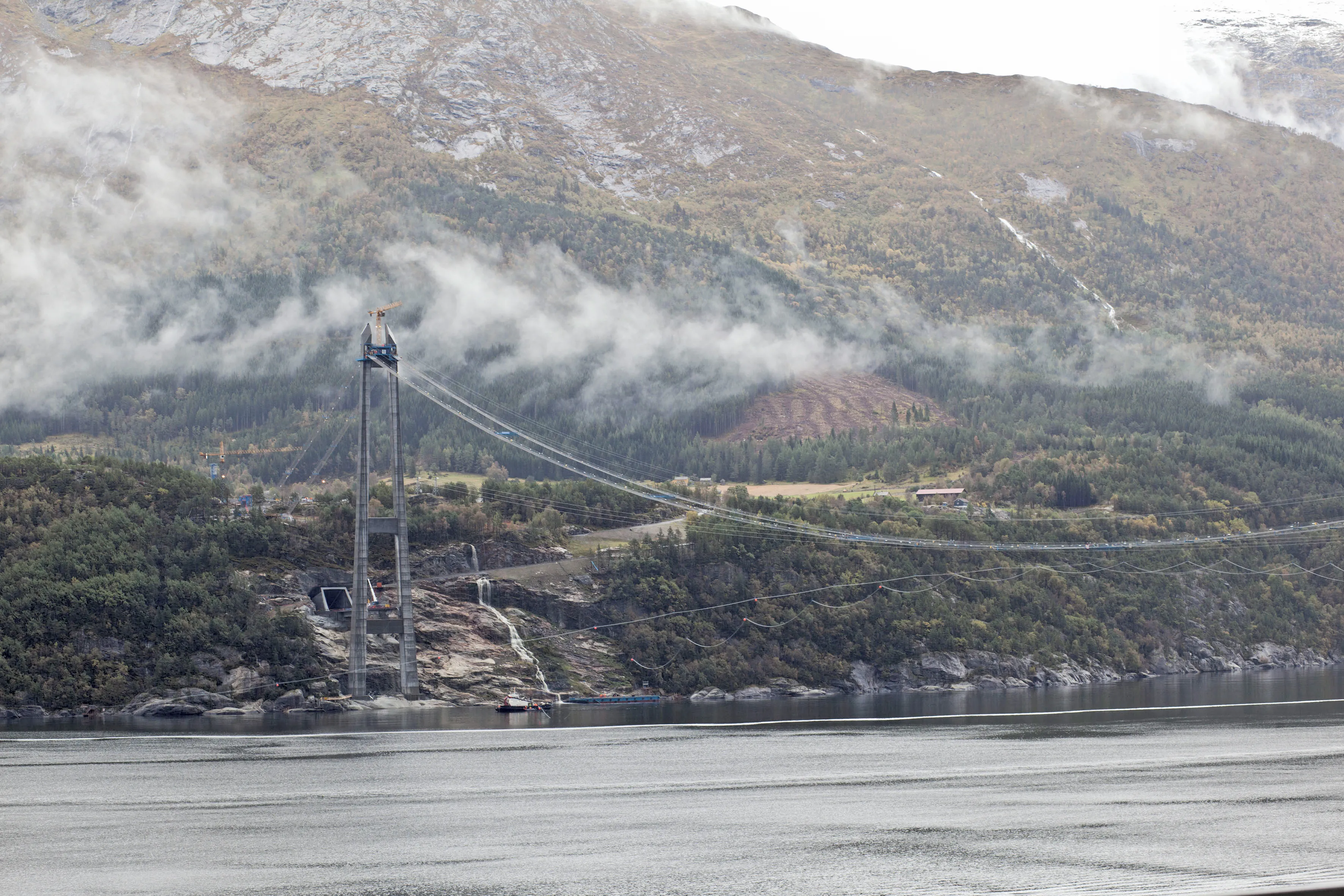The MPA (
One of the Committee’s recommendations (16) calls on the freight industry to “create a culture of safety among HGVs” and requests “the establishment of a timetable for the development of an industry-wide code of conduct”. In support of this, MPA had already launched its Vulnerable Road User (VRU) Safety Policy in 2012 setting out driver training and additional vehicle equipment requirements for industry HGVs delivering materials such as aggregates, asphalt, cement and concrete. The MPA has also been a leading contributor to, and strongly supports, the new Construction Logistics and Cyclist Safety (CLOCS) standard. This
Nigel Jackson, MPA chief executive, said, “The Select Committee has highlighted a significant safety problem arising from collisions between construction vehicles and cyclists. Very significant action to improve safety for all vulnerable road users, including cyclists, is now being implemented by our industry and also throughout the construction sector across the UK. We know a lot more needs to be done and are determined to help make our roads as safe as possible for all road users.”
MPA pro-active on cyclist safety
The MPA (Mineral Products Association) and its members have been taking significant action on a key recommendation in the UK House of Commons Transport Committee Cycling Safety report relating to Heavy Goods Vehicles (HGVs), published today.
One of the Committee’s recommendations (16) calls on the freight industry to “create a culture of safety among HGVs” and requests “the establishment of a timetable for the development of an industry-wide code of conduct”. In support of this, MPA had already launched
July 18, 2014
Read time: 2 mins
RSS






